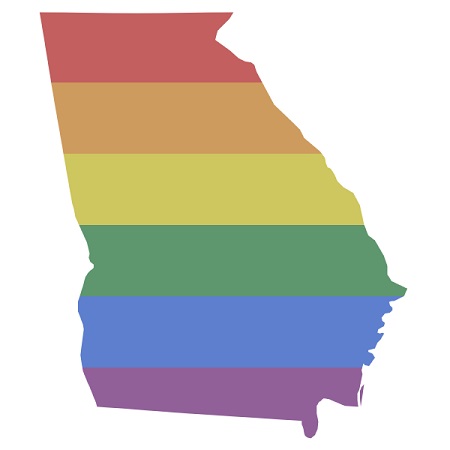Georgia Trying to Pass Anti-LGBT Law and Lacks in LGBT Rights

: Georgia legislature has many laws to protect and give rights to everyone who lives here; however, some, based on their beliefs, are protected more than others.
April 18, 2018
Georgia legislation is attempting to pass an anti-LGBT adoption bill, preventing LGBT individuals from adopting children. Aside from this recent legislation, the state of Georgia, compared to other states and nations, is lacking in protective laws and rights for members of the LGBT community.
The “Keep faith in adoption and foster care act,” was passed through the senate on Feb. 23 of this year, with a vote of 34-19. This act of legislation lets private adoption agencies, who receive government funding, to refuse any couple or individual that does not condone with sincere religious beliefs. If a state funded agency refuses child services to an individual or a couple, then the state will immediately refer them to another agency. This bill would stop the government from stepping in and taking legal action against private agencies if said agency denies child services based on bias of religious or personal beliefs. Many supporters of the LGBT community remain worried that the implication of this bill will encourage and introduce more discrimination against them.
However, this act of legislation worries many others because it is seen as a way for adoption agencies to discriminate couples/individuals based not only on sexual orientation, but also by religion and marital status. Interfaith marriages and single parents fear adoption agencies will deny them child services, simply for their beliefs.
Aside from this law, Georgia does have laws to protect and give rights to LGBT members; however, they do not punish all discrimination from private sectors. Georgia legislation does not protect people from employee discrimination based on sexual orientation. This allows for private corporations to deny employment based on the way a person presents themselves.
Georgia legislature has many laws to protect and give rights to everyone who lives here; however, some, based on their beliefs, are protected more than others. The LGBT community does not have the same rights as those who do not identify as a part of this group.



